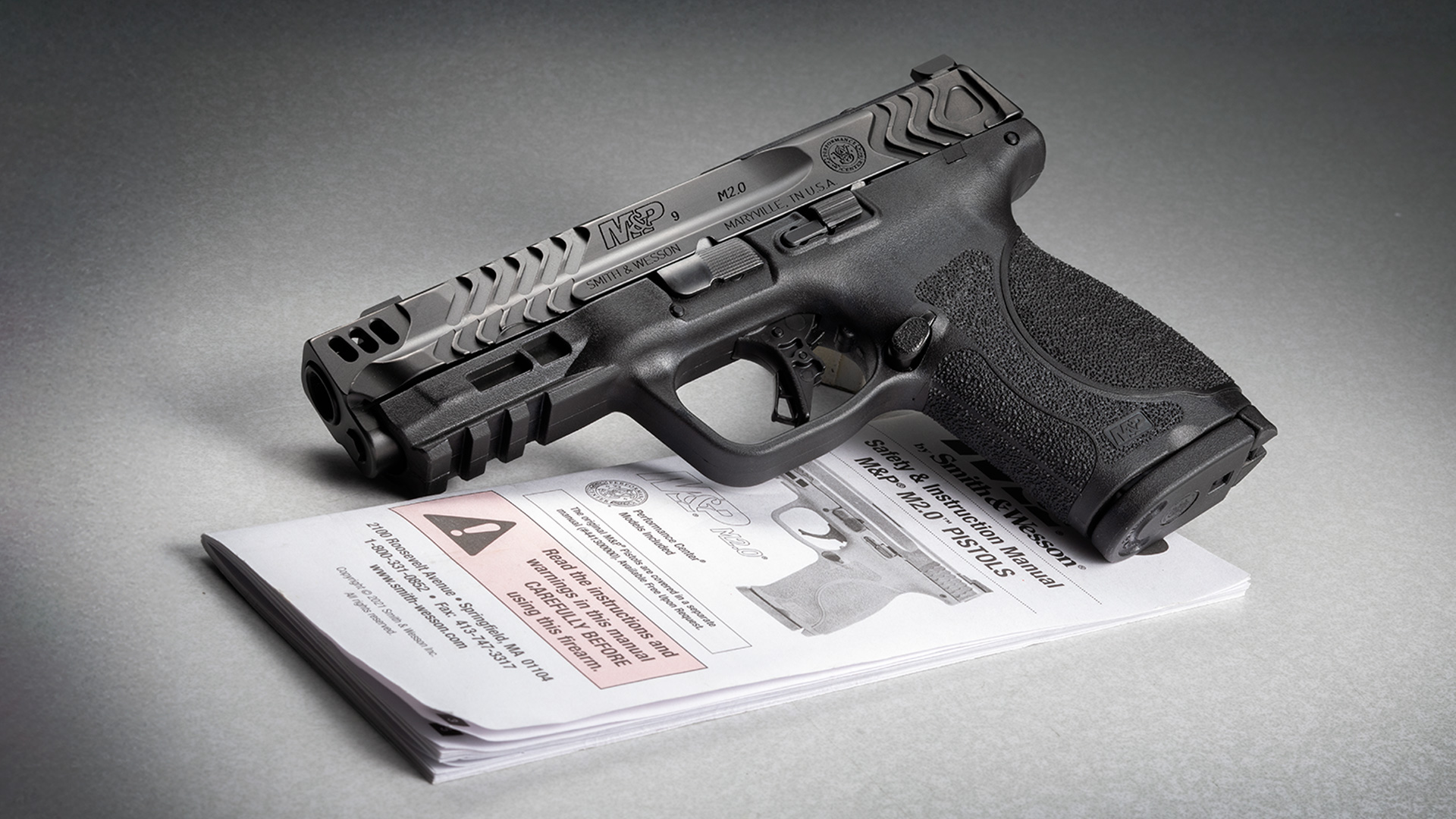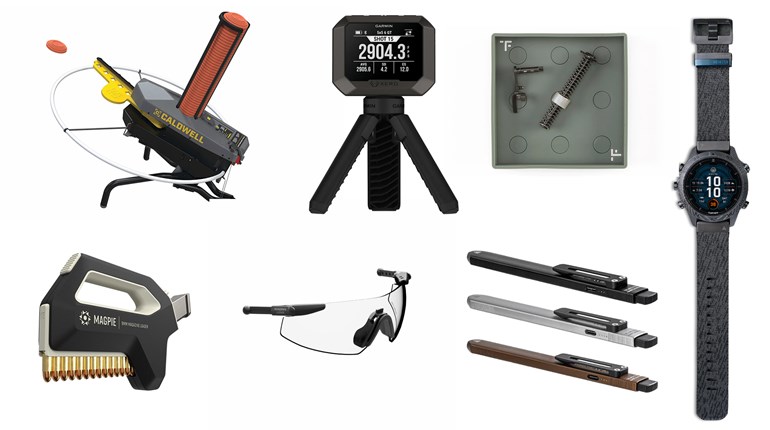
Auditory Exclusion is one of the things that happens to our bodies when we are placed in a situation of high stress. In essence, our ear drums tighten up so that we do not hear nearly as well as we normally do. What’s worse is that, at least in my experience, the inability to hear well is not readily apparent to us. Close gun shots may sound like firecrackers being fired 100 yards away. Words spoken, from very nearby, at a normal conversation level may not be heard at all.
For this reason, it is important that auditory exclusion be discussed and understood in personal defense classes and personal defense family planning. We can overcome the problem by being loud and clear when communicating with family members and defensive partners during such an emergency. Instead of, “Kevin, I think one of the bad guys is moving around to your right in an attempt to try to flank you”, it should be, “KEVIN, ON YOUR RIGHT!” - loud, clear, brief and to the point.
And we must also keep in mind that the crooks may also be dealing with auditory exclusion. If we expect our commands to them to be followed, we need to again be loud and clear. Taking a crook at gunpoint is rarely a situation where a speech of any length is appropriate. “STOP...DON’T MOVE!” in a loud, clear voice is much more effective and much more likely to be heard and understood.
Once we understand that our hearing is often impaired during violent confrontations, we begin to understand how much we will rely on our vision to tell us what is going on around us. “Keep your head on a swivel” is a really good piece of advice.
Imagine that you are backing away, trying to create distance from a crook who is armed with a knife. You hear some sort of noise behind you… is it another crook coming up behind you? So, you turn, gun in hand, to find that it is a uniformed policeman who is aiming a shotgun at you. Can you imagine what is about to happen?
Every personal defense class ought to cover auditory exclusion and offer ways to overcome it. It should also cover ways to keep up with what is going on around us and the importance of getting our back against a wall, or some other solid object, to minimize approach from that direction. “Keep your head on a swivel” and “Look and Assess” are not idle admonishments.
Every person who is concerned about his or her personal safety would be well served to do some research on the physical effects of the Fight or Flight syndrome.



































